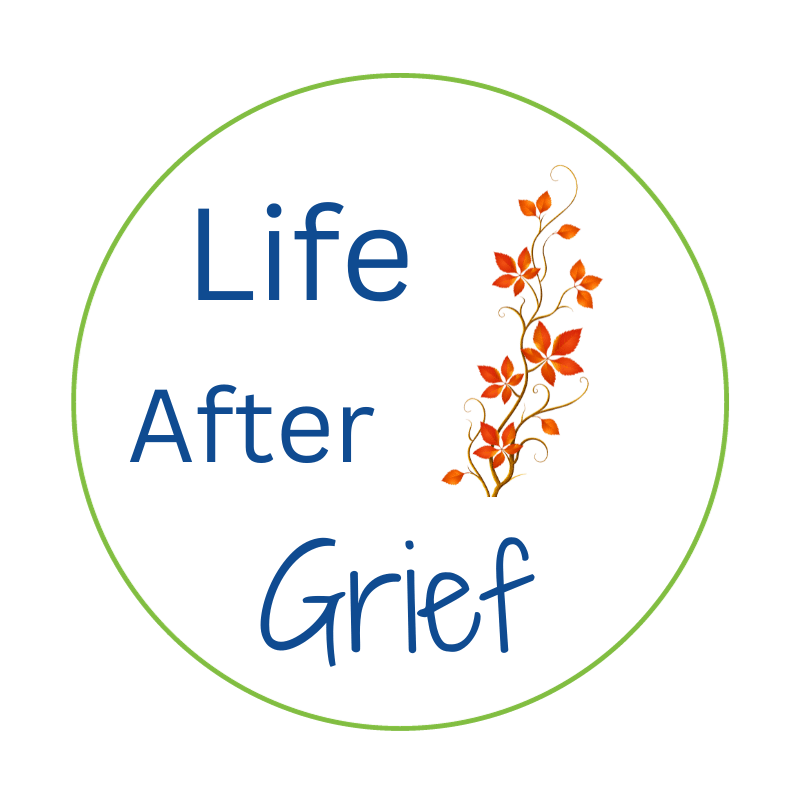
Hi again,
This week, Elmo wrote a post which went viral, with over 2 million views on Sesame Street’s X social media channel, “Elmo is just checking in. How is everybody doing?” Tens of 1000s of people responded, saying that they are not doing well in so many ways.
Since then, companies, celebrities and individuals have chimed in from all walks of life to stress the importance of taking care of our mental, as well as our physical, health. Human beings require touch and communication to nurture close connections.
Most news outlets have covered this story so feel free to do a web search about the Elmo check-in on X. Here’s one from CNN I found interesting, which offers resources for community and professional help, as needed: https://www.cnn.com/2024/01/31/health/elmo-checking-in-x-wellness-cec.
One of the points which struck me is that apparently it felt safer to talk about not being OK with a red puppet, than with people in our lives. I totally get it.
Mental health has been treated and judged differently from physical health for as long as I can remember. Public figures like Senator John Fetterman, Billie Eilish, Michael Phelps, Simone Biles and Selena Gomez, by sharing publicly about their own mental health struggles, have begun to crack open the stereotypes and shame around this topic for all of us.
Elmo accidentally opened up the conversation in a safe, accessible way and I am grateful to him (and his social media voice) for it.
Ask Me How I Know
My late husband, David
David, was diagnosed with manic depression six weeks before we got married. My feeling was that, if I told anyone, I would be urged to call off the wedding and I loved him so I said nothing. For 2 years, at his mom’s request.
They were two of the loneliest years of my life, disconnected from my family and friends who knew something was wrong but not what. I broke the silence when David attempted suicide and the story got into a local newspaper.
I used that to justify letting my family and friends know, taking back support for myself so I was less alone. Make no mistake, I would have married him anyway. Being able to share the weight of his diagnosis would have improved the communication in our marriage and my health enormously.
To the day he died, David was unwilling to tell his friends. That’s not OK. When he was suffering with Stage 4 pancreatic cancer, he refused to tell the doctor about his bipolar disorder for fear they would refuse him the pain meds he needed. Fear. Judgment. Isolation. Loneliness. Suicide. Secrets and lies. These are some of the costs of demonizing mental health conversations.
My mother-in-law, now 100
It’s not unusual, as the end of life draws closer, to see or speak with those who have gone before, to hear music or experience visions. I have been with my grandparents, my husband and others who have had this happen.
It’s quite common, after someone we love dies, to receive signs, especially immediately afterwards. They can range from physical items which remind us of them like butterflies or feathers, sequences of music to comfort or answer questions, turning on electronics to remind us we are not alone, dreams. Or family or friends who can see or hear them come to us with messages. My husband passed on jokes and memories only we knew through a friend.
Unfortunately, years ago, people who had these experiences were sometimes committed as ‘crazy’. That fear lingers on. My grandfather heard music we couldn’t hear and got angry when we said we didn’t. My mother-in-law talks to David, her parents and siblings who are gone before her when she is alone.
She doesn’t always remember her parents, brothers and sister are gone, which makes me believe the experiences are vivid as life. She won’t talk about it. She fears I will ‘put her away’. Even though I have reassured her that what she sees and hears are real and OK to share.
All I want is for her not to be afraid whenever her time to leave arrives. For now, I offer love and care, trying to keep her home in familiar surroundings for as long as she stays healthy and I can keep her safe.
How to Talk About Not Feeling OK
All Relationships Are Not Created Equal For Having These Conversations
Trust Yourself - when it comes to talking about mental health issues, some of your family and friends will be able to handle these conversations and others won’t. You already know who they are. Nobody has a ‘right’ to hear about your wellbeing, beyond what you are willing to share with them.
Clarify Privacy Terms - decide in advance how much to tell them, such as medical conditions, current circumstances, why you are not feeling OK, challenges you are facing now. Lay out your conditions, like who they can tell, if anyone, and how much they are allowed to share. It’s essential to feel safe.
Redefine What OK Means - when a person is going through mental health challenges, there may be more tears, outbursts of anger, overwhelming feelings, unusual behaviors, limited energy and a reduced capacity to be with people. This is what grieving looks like too, uncontrollable and unreasonable. OK looks different when a person is struggling. Overreacting and pity are not welcome.
Share What Is Going On - what is causing you the greatest stress? Awful events or global crises, like climate change effects, school shootings, systemic racial and LGBTQ inequities, bullying? Work or money issues? Broken relationships? Poor health, caregiver stress and medical debt? Or something else, like pervasive unkindness?
Specify What You Need - only you know best what you need from them. Figure it out before you begin. This falls into 1 of 3 buckets:
Just listen and be present with you, without judgment
Take a specific action, based on what you’re asking for
Be a safe space for what you will need in the future
Grief lasts a long time, 2 years to a lifetime. There is no ‘right’ way to grieve and each person goes through it differently. Usually a person who is grieving any loss does not feel OK at the beginning. They can heal over time, faster with support. I did. Being misunderstood, abandoned and lonely are real.
It is better to be around people who understand that OK does not mean broken forever and who don’t expect a happy face from a sad person. It is easier to communicate with those who are not afraid they will let you down or hurt you with their ignorance.
It is important to understand that you and they will make mistakes. Apologies and saying I love you frequently make all the difference.
This newsletter issue, Answering Elmo and Not Being OK, offers ways to communicate with others, even when you are not feeling OK. It just skims the surface. If you are looking for more support, the grief resilience coaching I offer can help.
This newsletter doesn’t address your specific situation, who you can trust and what to say. Getting back to feeling OK in yourself, with other people and in the world are an essential part of becoming whole again after a loss.
My clear and easy 5-step Heartbreak to Hope Blueprint can help you to re-engage, reconnect, reinvent, rebuild and reset your path forward by moving forward through your grief on your terms proactively.
Schedule a complimentary Grief Resilience Assessment with me at https://thebadwidow.com/ConnectWithAlison to find out more.

